Improving spelling skills Grammar Worksheets for Ages 3-8
6 filtered results
-
From - To
Boost your child's spelling skills with our engaging grammar worksheets designed for ages 3-8. Tailored to enhance early literacy, these worksheets make learning fun and interactive. With a variety of exercises, including fill-in-the-blank activities and word sorting, children will develop a strong foundation in spelling and vocabulary. Our age-appropriate resources foster creativity while reinforcing essential learning concepts, enabling young learners to grasp the fundamentals of spelling. Ideal for both home and classroom use, these worksheets encourage skill mastery in a playful environment. Explore our collection and watch your child's confidence in spelling flourish as they playfully engage with words!
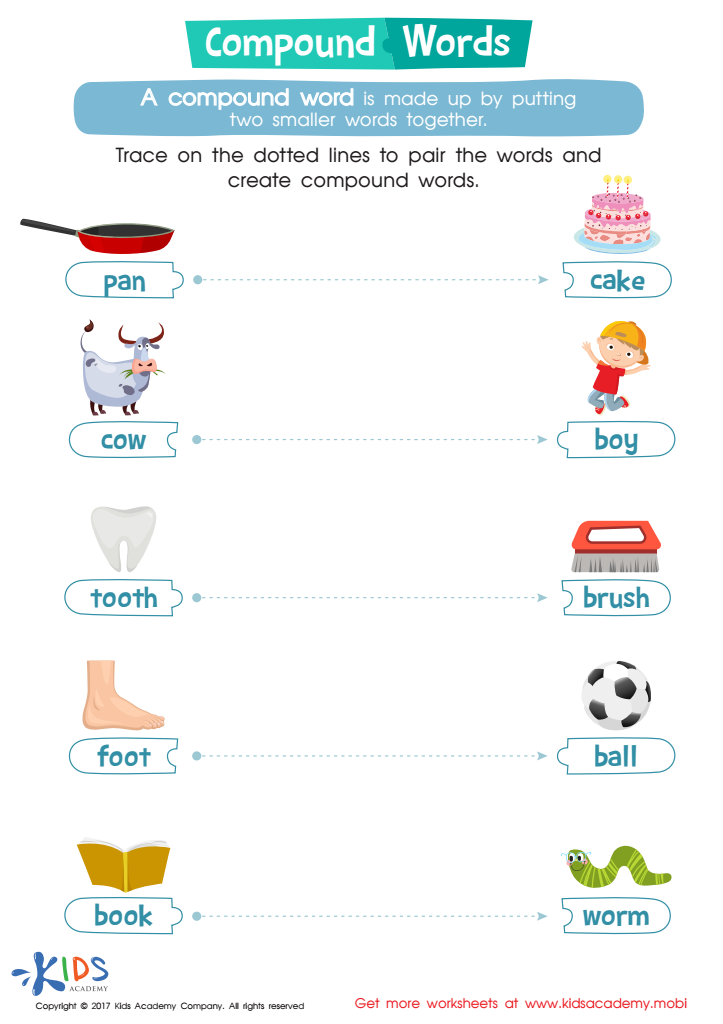

Compound Words Word Structure Worksheet
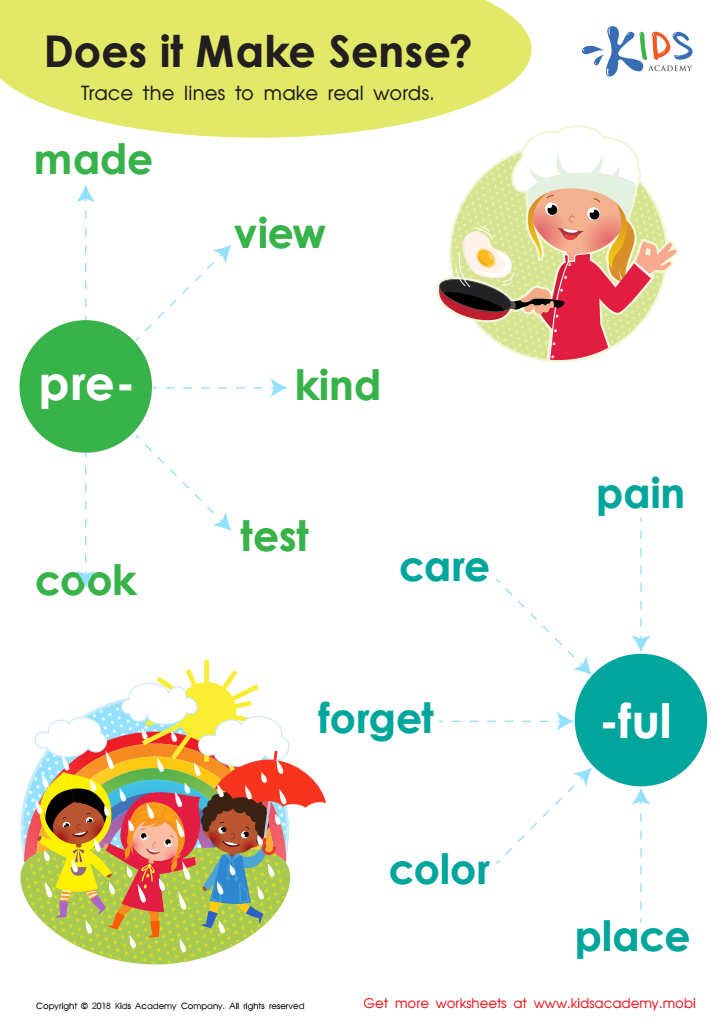

Prefix pre– and Suffix ful– Worksheet
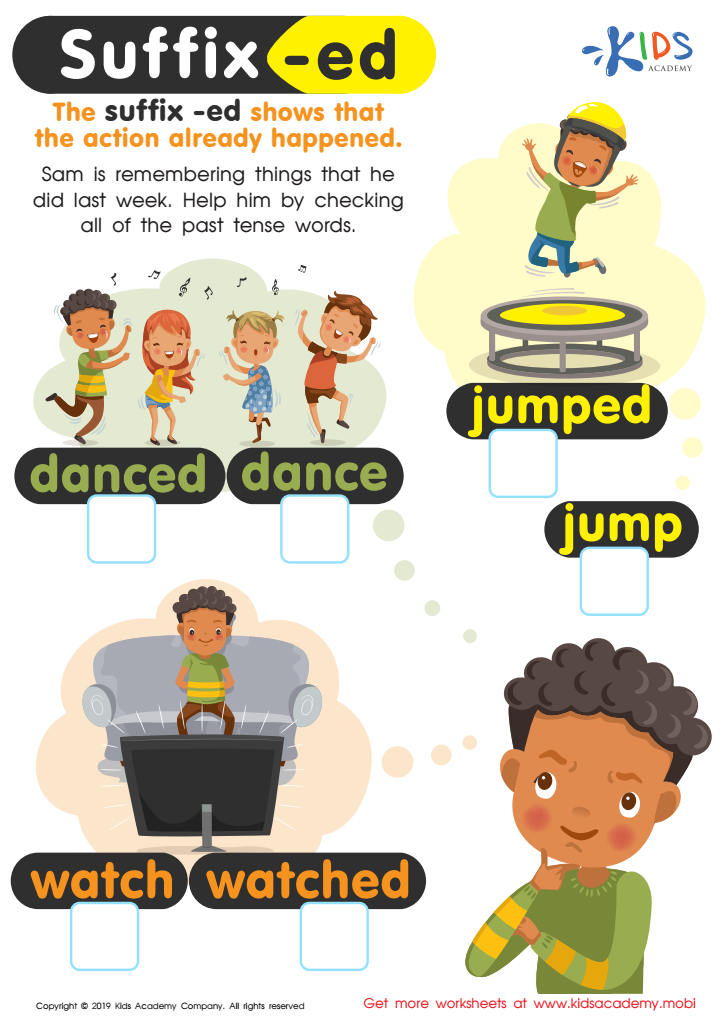

Suffix-ed Worksheet
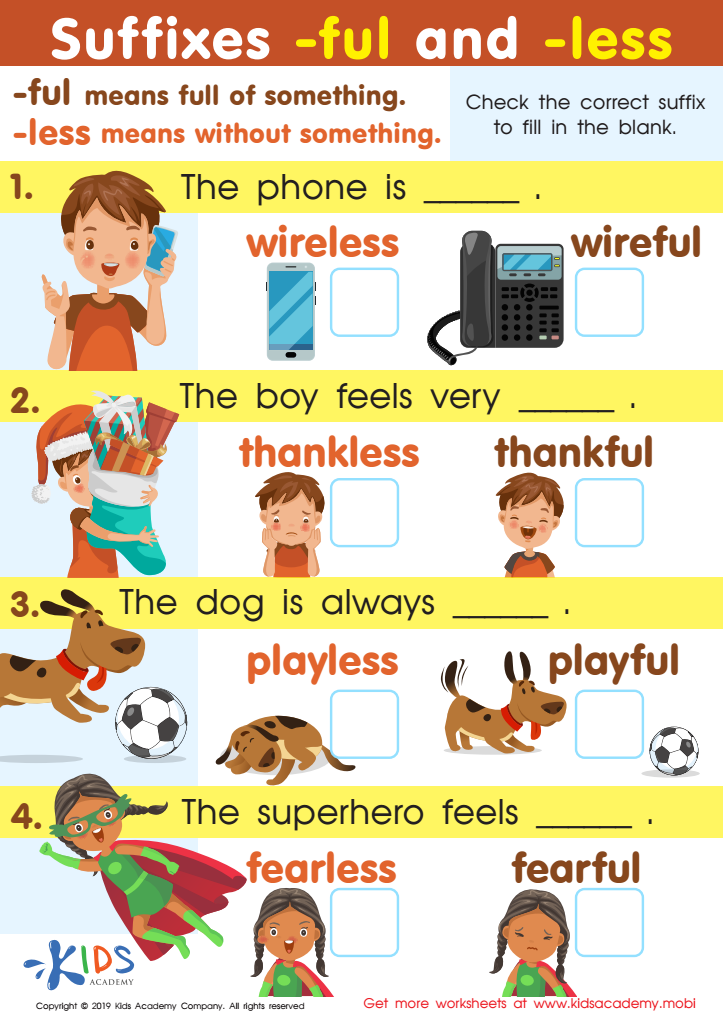

Suffixes –ful and –less Worksheet
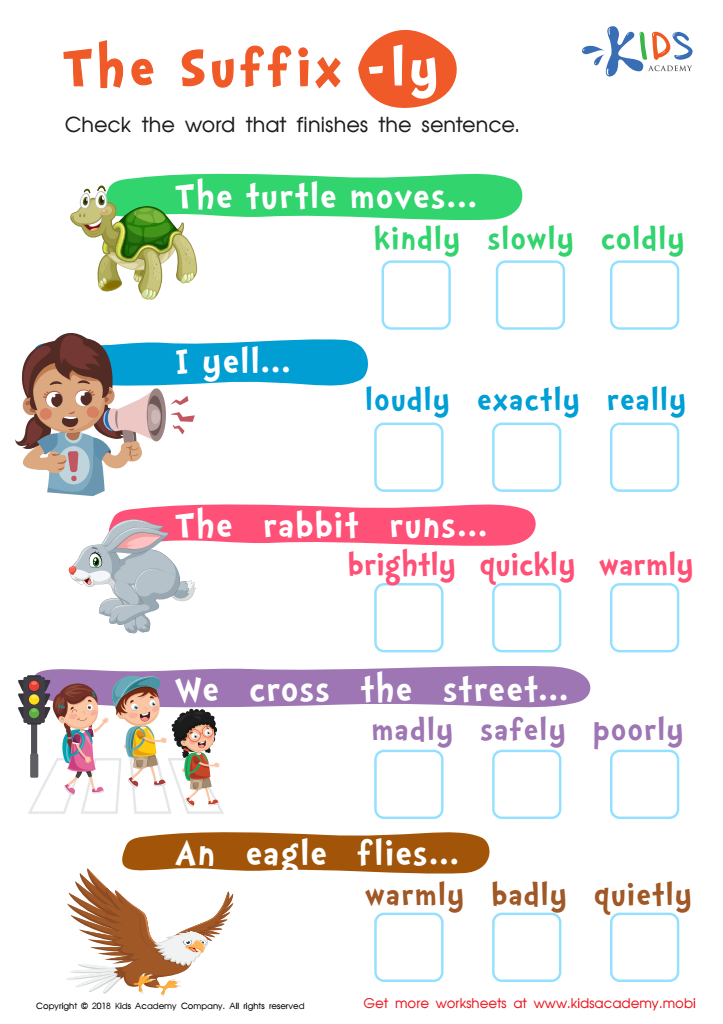

The Suffix -Ly Worksheet
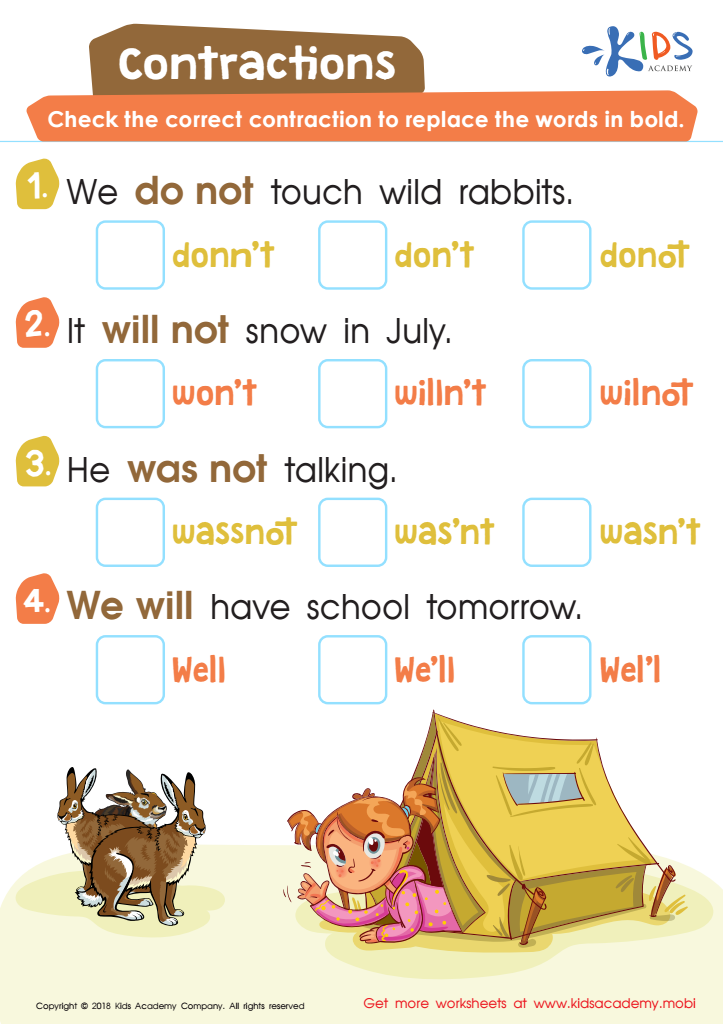

Contractions Worksheet
Improving spelling and grammar skills in children aged 3-8 is foundational for their overall literacy development, which directly impacts their academic success and communication abilities. During these formative years, children's brains are exceptionally receptive to learning language skills, making it an ideal time for parents and teachers to focus on these areas. Mastery of spelling helps children recognize and decode words efficiently, promoting reading fluency, while a solid grasp of grammar enhances their ability to construct meaningful sentences.
Furthermore, strong spelling and grammar skills instill confidence in children, empowering them to express their thoughts and ideas clearly. This is critical not only for their academic journey but also for fostering effective communication in social situations. As children learn to put their thoughts into writing, they develop critical thinking skills and creativity.
In a world increasingly driven by digital communication, proficiency in spelling and grammar can set students apart in their future endeavors. Encouraging children to engage in playful learning activities, such as spelling games and storytelling, can make the process enjoyable. Thus, parents and teachers alike should prioritize these skills to equip children with essential tools for lifelong learning and effective communication.
 Assign to My Students
Assign to My Students
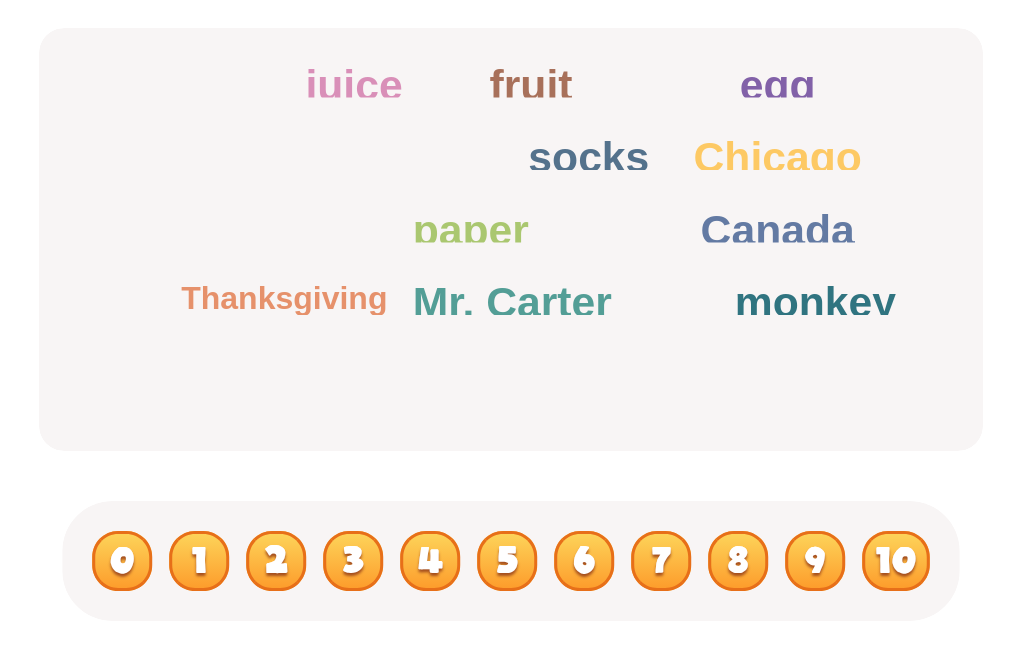
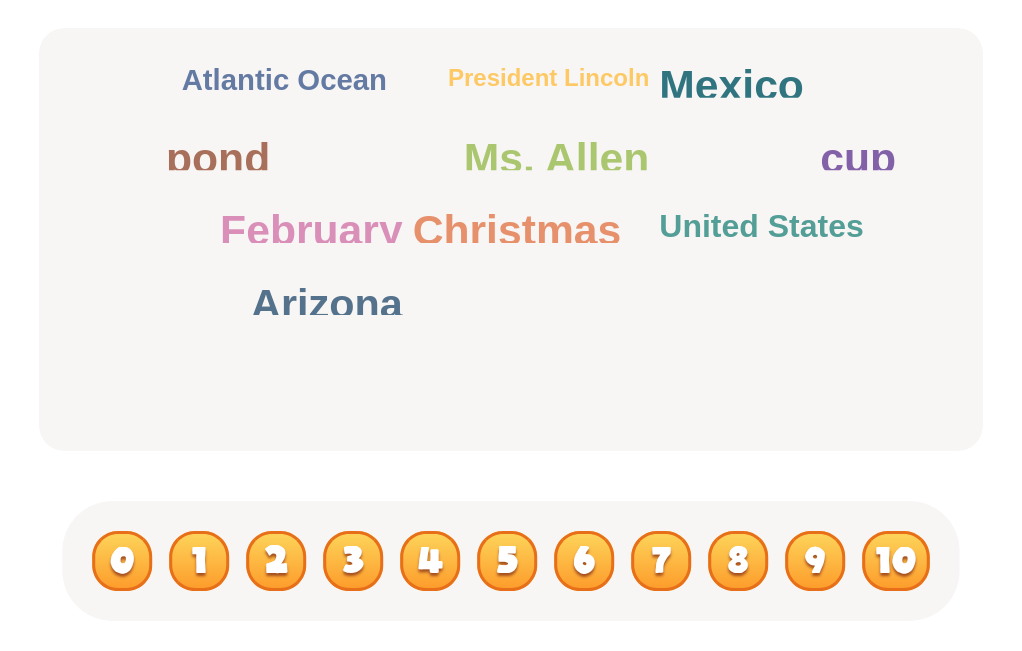
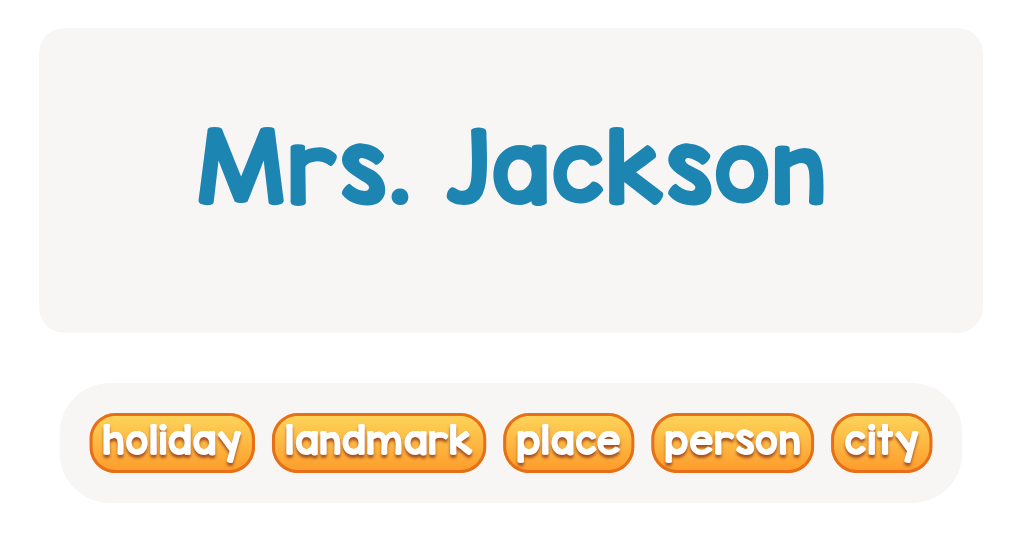
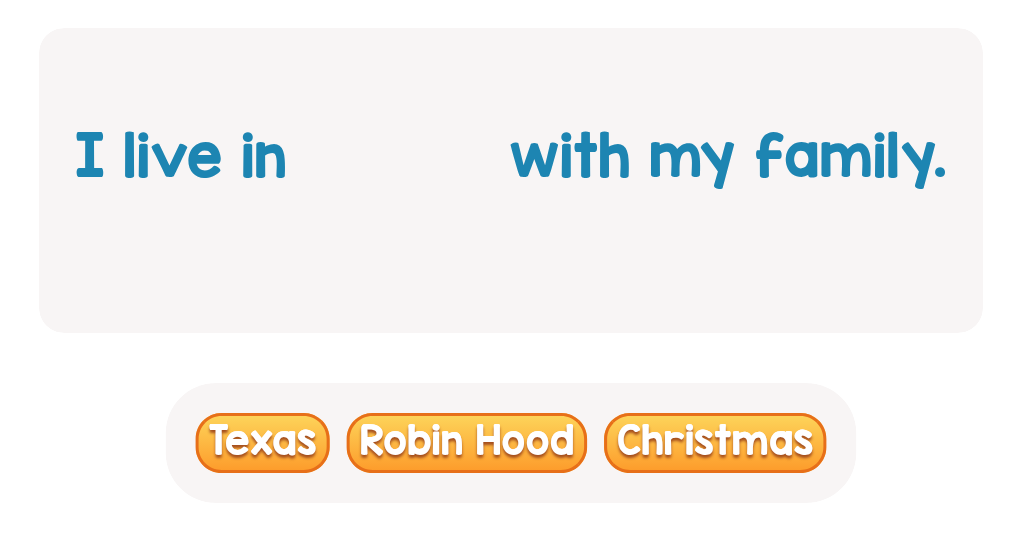

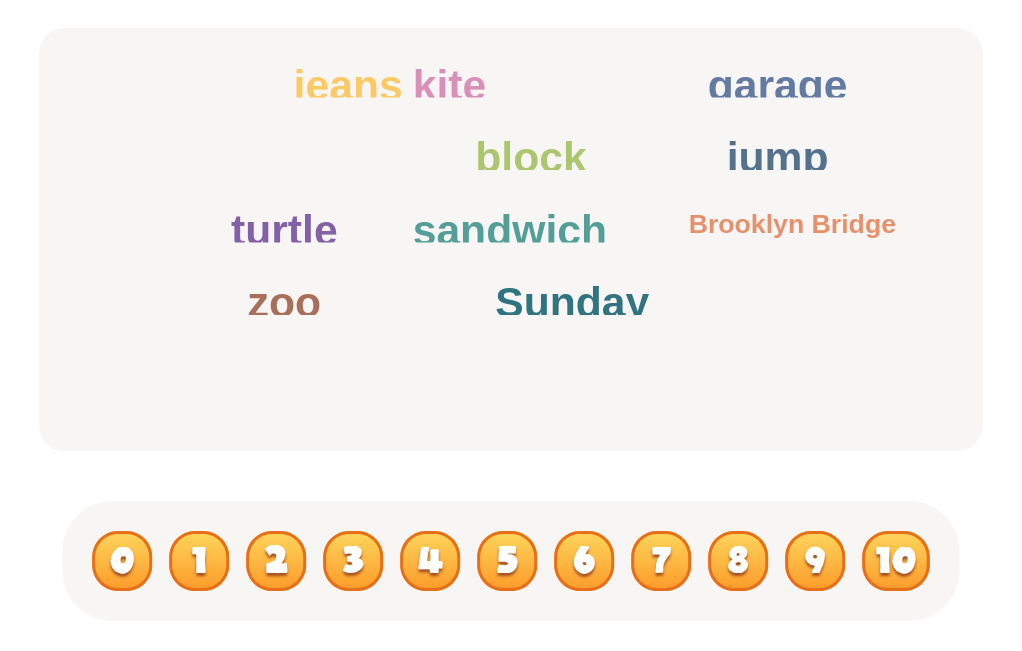
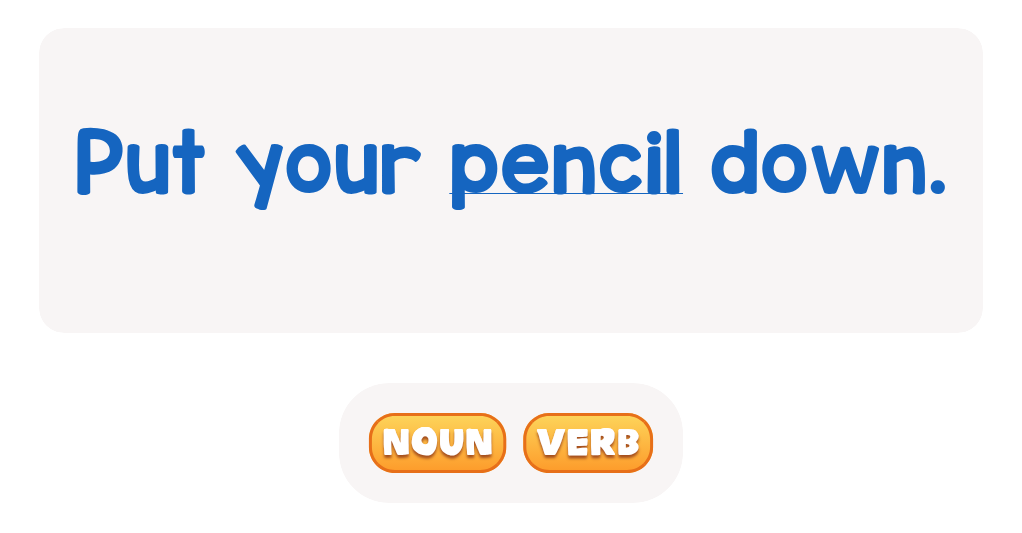
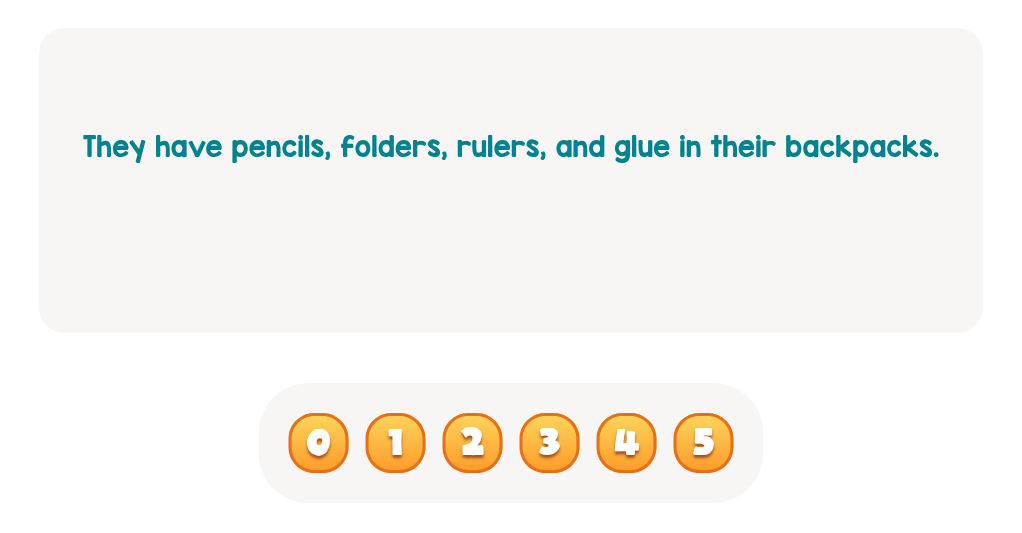
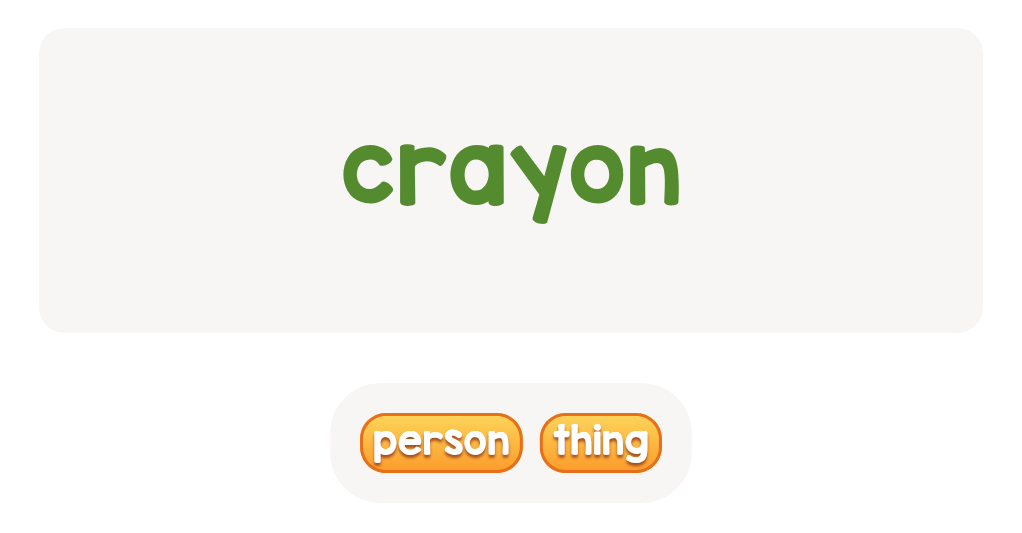
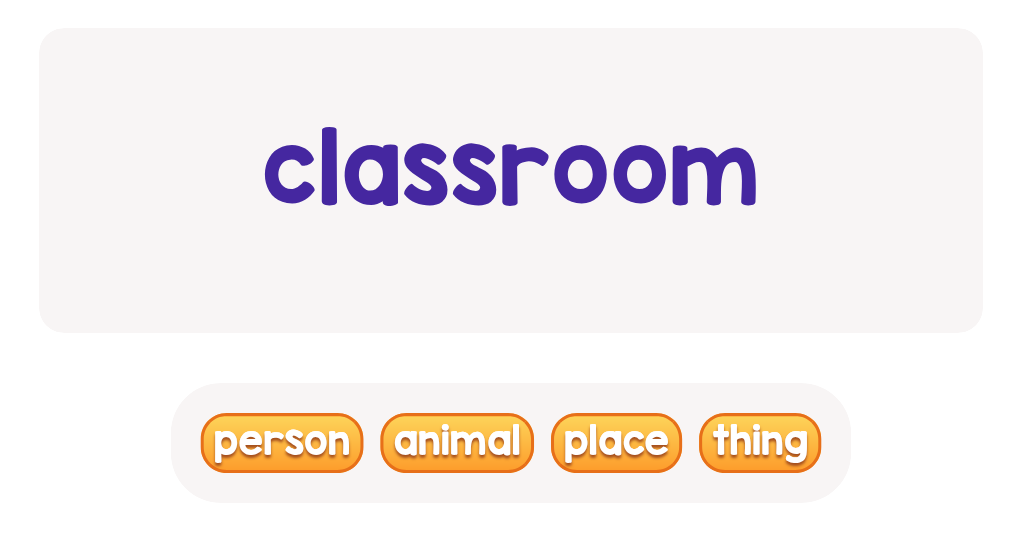





.jpg)















